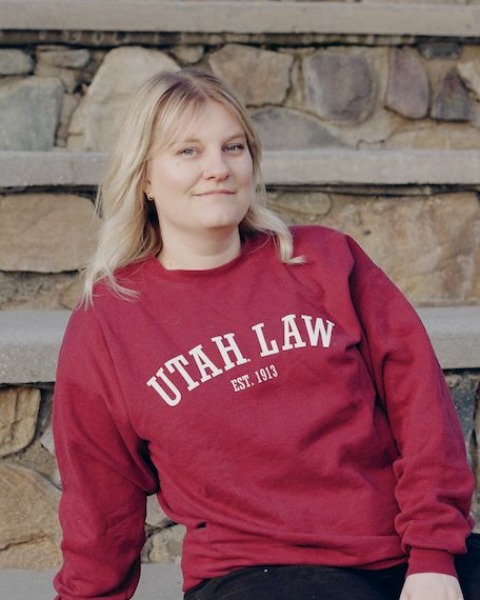Biobanking and genomic databases
Consent
Law, regulation, and governance
Paper Session C3
Attitudes On Law Enforcement Use Of Clinical Genetic Data
Monday, June 10, 2024
3:30 PM - 5:00 PM ET
Location: Hub 2

Sarah Duensing, JD (she/her/hers)
UCEER Graduate Research Fellow
University of Utah
Salt Lake City, Utah, United States
Speaker(s)
Most people born in the United States in the past fifty years provided a DNA sample to the government within days of their birth through their state’s newborn screening program. These programs screen the baby's DNA screened for numerous genetic health conditions. If detected, doctors can intervene as early as possible to increase the likelihood of a positive health outcome. However, unbeknownst to most parents, states typically store the residual blood spots afterwards. Recently, police in some states accessed them for criminal investigations without consent or a warrant, which raises a number of legal and ethical issues. Studies show that Americans generally support police use of DNA from consumer genetic databases, like 23andMe or GEDMatch without a warrant, like in the Golden State Killer case. Whether the public is comfortable with police use of clinical genetic data, however, is unclear. Our research seeks to understand public sentiment about the practice when the source of genetic data moves from the consumer to the clinical. We conducted an online survey of a representative sample of the U.S. to find out. Public trust in both police and healthcare is currently at an all time low. Policymakers must address when and how police can access clinical genetic data without consent or a warrant, and public sentiment should be a factor in addressing this important policy issue.
Authors: Sarah Duensing, University of Utah S.J. Quinney College of Law; Teneille Brown, University of Utah S.J. Quinney College of Law
Authors: Sarah Duensing, University of Utah S.J. Quinney College of Law; Teneille Brown, University of Utah S.J. Quinney College of Law